The window of the soul..
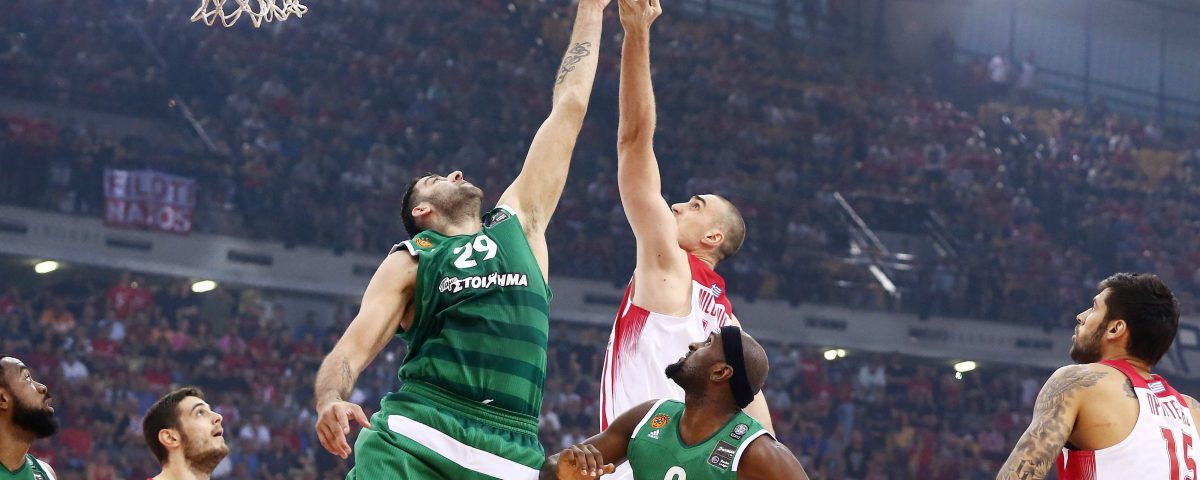
By Jim Katsionis on 7 June 2017
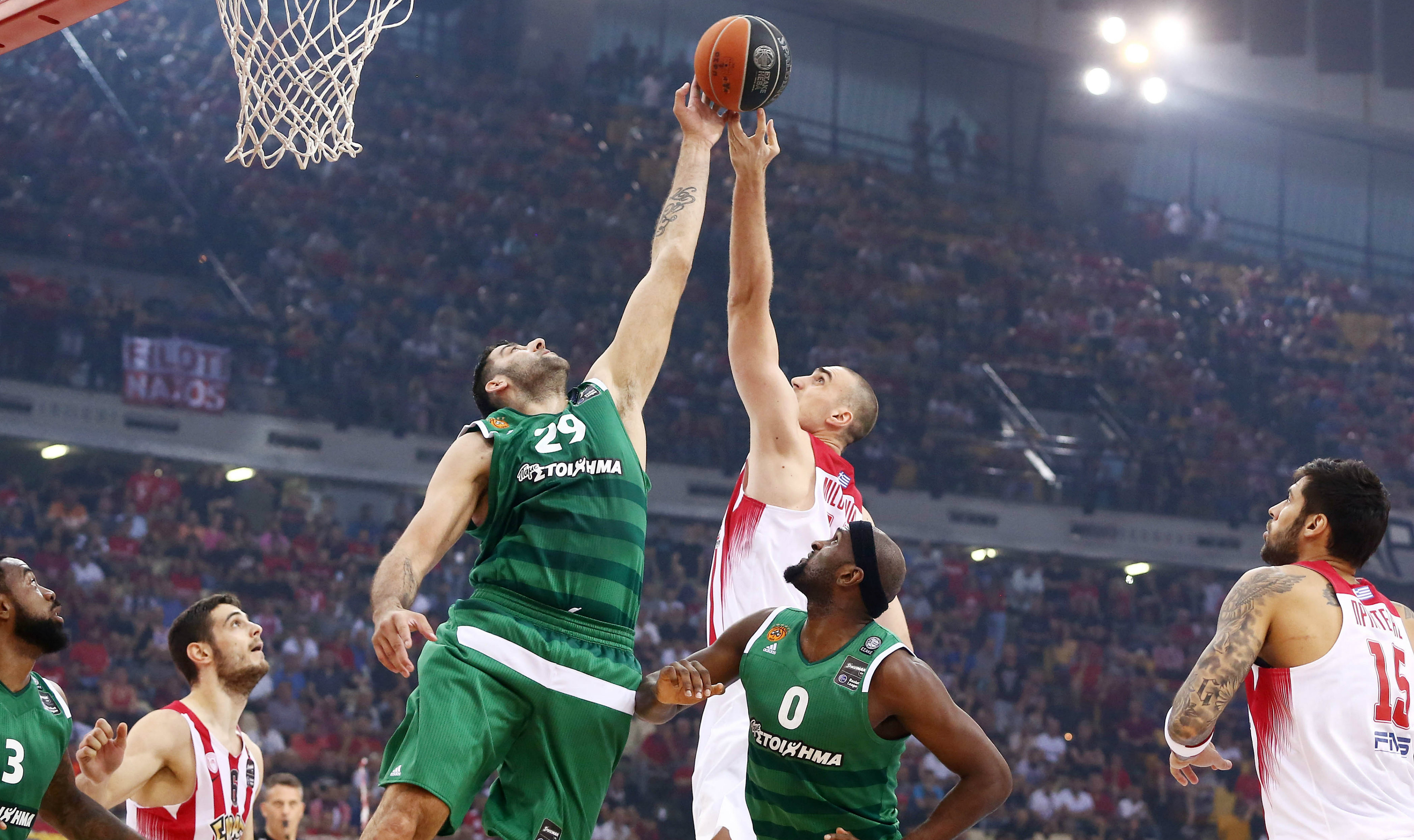
It is said that eyes are the window to the soul. Staring Panathinaikos right in there, the team of Yannis Sfairopoulos diagnosed “hope” and lack of a killer instinct to finish the match in their opponent that triggered the big comeback. We are at 2-1, in a series difficult to read and with uncertain outcome. Hoopfellas dissects..
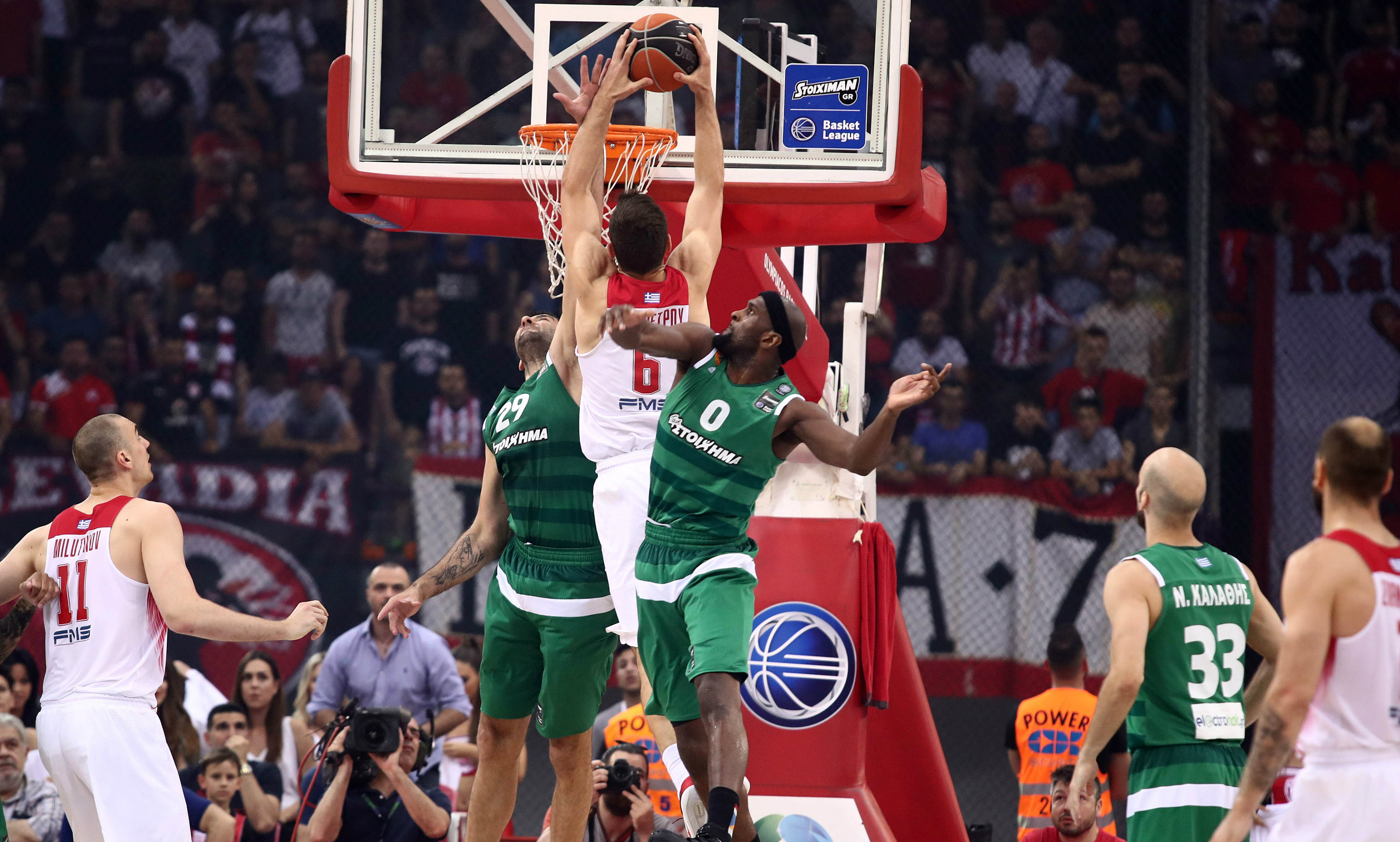
Blood and sand in Game 3 of the finals with the Reds making a break that Panathinaikos was unable to repel, eventually taking a precious win and the head in the series. Both teams are going into Game 4 with significant problems (Bourousis, Green). At the same time, Olympiacos appears to be having significant losses in physical strength, while Panathinaikos is searching for the psychological reserves to comeback from a situation that, to a great extent, they put themselves in.
Let’s see a few things…
The spotlight is shifting…
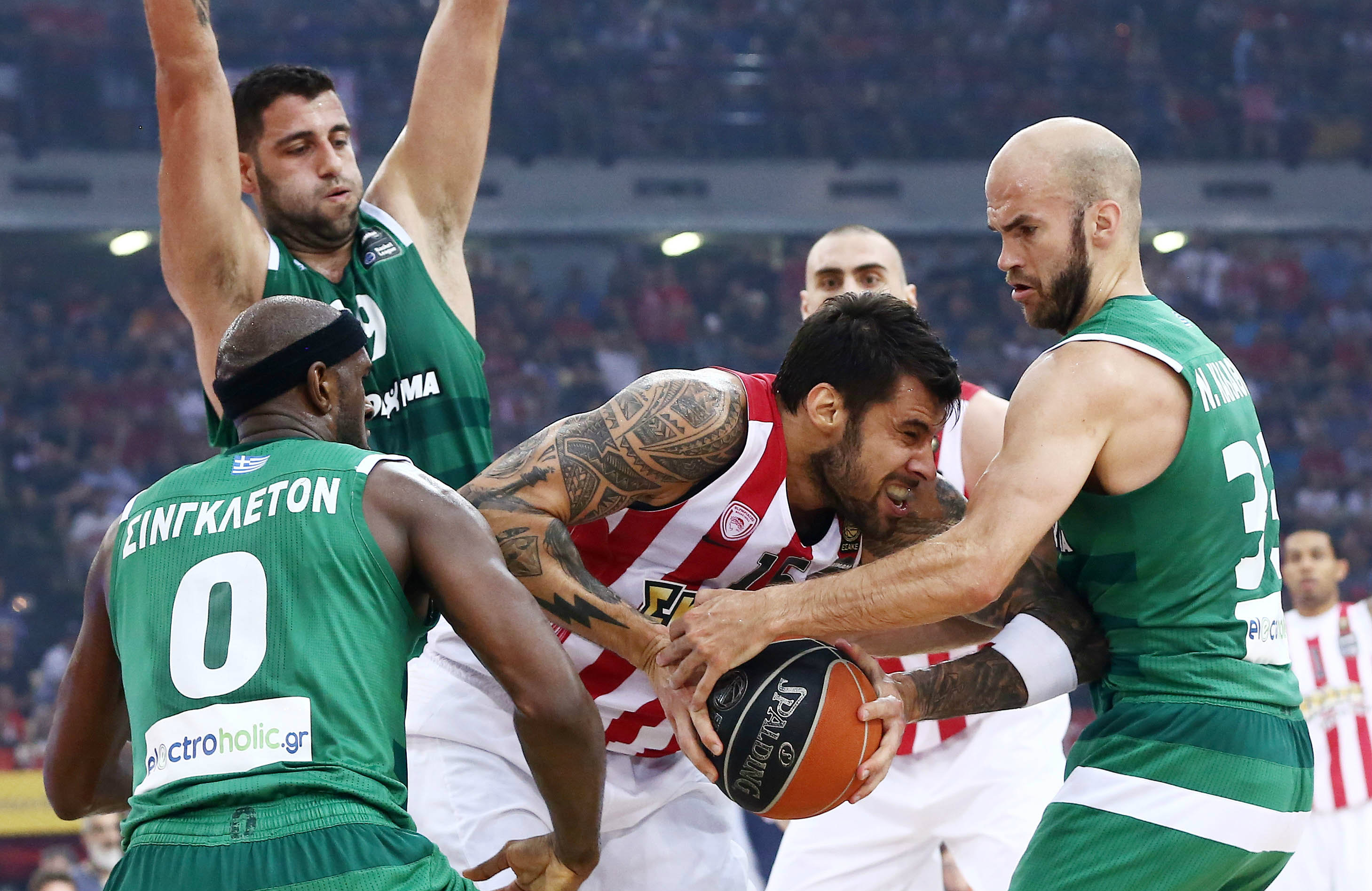
It’s interesting to see the way that the two coaches slightly shift the spotlight as we move through the series, shedding light to a different part of their offensive playbook.
In Olympiacos, the rise of Milutinov (as well as Spanoulis’ problem) tends to change the nature of their entire offense, especially at an orientation level execution-wise. By the end of the regular season we had boarded the time vessel of next season’s picture in which the Serbian center is a main pillar in the Reds’ offense. A picture that became visible sooner as the internal changes and the player’s very good condition at this point of the season helped towards that direction. It is obvious that coach Sfairopoulos is trying to get the ball to the big man’s hands as much as possible. It is precisely this shift that has somewhat changed the execution times although the killing zone of the Red offense remains the same (paint). We watch Olympiacos managing the same situations from a different perspective, skipping the Pick&Roll persistenc in favor of Straight Post ups.
The Serbian’s dominance, physically (and athletically) fresher, against Bourousis in positioning is what Olympiacos’ offense have worked on and are cynically seeking to take advantage. In almost the entire series, split seconds before the entry pass, the Greek center finds himself on Milutinov’s back, usually out of balance and readiness to defend, which says a lot both for the match up in this side of the court and the Serbian’s aggressiveness in positioning down low. It is indeed something on which coaches in Belgrade pay particular attention while developing their big men…
Yiannis Sfairopoulos (as we also saw in Game 3) now prefers matching Milutinov with Spanoulis in the captain’s heavy minutes on the court to exploit the ability of the Reds leader to pass the ball to the key safely and, more importantly, at the right time (which that reduced Birch’s time in the rotation).. It is also very important to get our heads around how much less pressure there is on Panathinaikos’ defense in the paint when Spanoulis isn’t on the court. This is a huge parameter in the series given that the Greens are involved in fewer sprints in a small space, which test their agility and reflexes, while Olympiacos clearly becomes a more “peripheral” team, in terms of execution, which is also evident from how much they visit the free throw line. Without Spanoulis, Olympiacos has great difficulty to get to the paint and threaten from this zone of the court in general (especially if Birch is on the court and the captainisn’t). The champions’ staff is trying to restore the lost balance that the entry of the ball and, especially, execution from the paint with post ups from the forwards or Printezis’ close out offense offers in the overall offense, but they seem to be looking for a reference point.
In the third final, Olympiacos experienced the nightmare of a poor peripheral evening and the impact this can have on the team’s mentality. The Reds produced free shots with extra pass after the traps set by Panathinaikos to counter their post up offense, but were hopelessly off the mark (just think that after the consecutive three pointers that led to the final comeback, they only had 7/23). Sfairopoulos took away the ball screen in the middle lane from Green even in Diamond offense, looking for direct Deep post up conditions for Milutinov-Young. He used a Pin down for Green in 1-3-1, but Panathinaikos was well-prepared, playing Switch or Show & Recover, keeping a hand on the ball. The home team’s most open looks at the basket came, I think, from the choice of Panathinaikos’ defense to play in Pack Line (foot on the paint), when the Reds tried they sent the ball in miss matches down low, especially with the forwards.
Filtering out the situation a bit more after the first three games, I dare say that the key for the Reds being ahead in the series is their improvement in the AST/TO ratio, which is interpreted into clear thinking, deriving from capitalising on the coherence of their team and experience in terms of responding in similar pressure situations, given the fact that coach Pascual’s low mistake Panathinaikos was better in the Euroleague (1.4 for 1.2). Olympiacos has 53 assists and 28 turnovers in the first three games (17/4 for Spanoulis, impressive…). Panathinaikos has 31 assists and 28 turnovers. We have pointed out since last summer when the roster of the Greens was completed that this is where they should focus for the new offseason, as it is the main cause of the blackouts they had within the season…
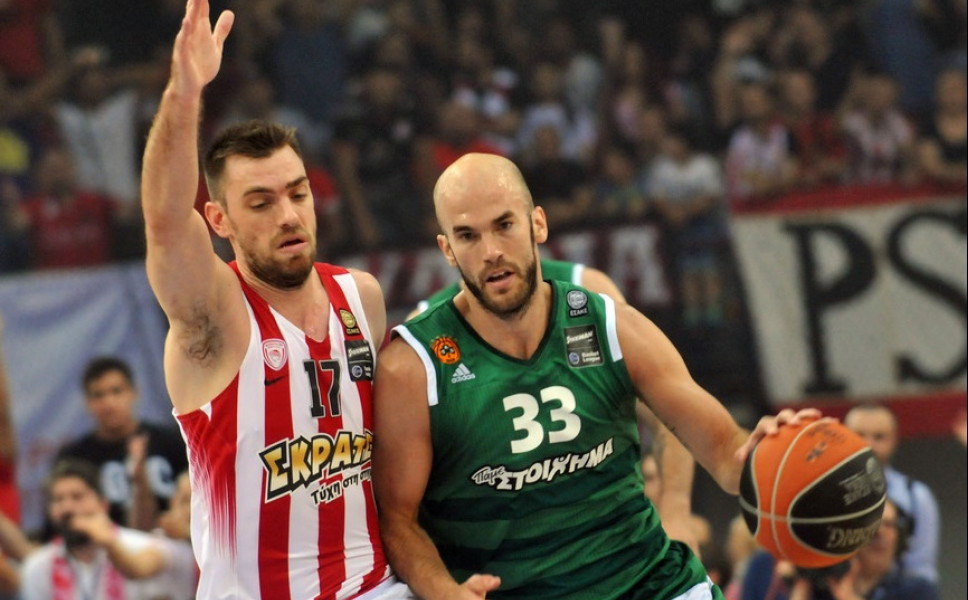
After 120’ in the series, we can say that Panathinaikos is slightly better, but they are behind with 2-1before the fourth decisive match. In total coach Pascual is doing well in the series. He has made certain mistakes, but in general he is positive and I anticipate his performance in the closing of the series.
The Spanish coach has bet a lot on the Delay Spread Offense he uses each time Mike James has the reins of the team on the floor. This is a bit strange compared to his work and the multiple pass-several cuts offense he showed in Barcelona, but a good coach is able to adapt and, as I told you after his first month in our country, I think he took the more practical path towards success, based on the players he had at his disposal and this shows in situations like these. In a very close, low scoring match Panathinaikos was ahead using this style of play and this is how they lost their great chance to have a significant advantage at this point in the series. This is where they have based their offensive structure of this season. It’s not “chaotic”, as we are used to read in the Greek media (as if there are no principles and goals in an offense that relies on one on one), but a different way of expression, which the fans of the Greens, after so many years with Obradovic, are not familiar with. It will be very interesting to see his choices for next year, when he will be given the chance to have his own roster.
Panathinaikos’ staff has diagnosed that with Calathes as the main guard in their PnR offense, this offense does not feel “strong” and “comfortable” with the environment of their adversaries defense. Olympiacos has controlled the international PG’s floater with Show & Recover, thus winning lots of space in this situation. In game 3 Panathinaikos chose to run this play with Feldeine, Pappas and James as the ballhandlers, as each of them has specific offensive assets that can change the spacing in the defensive cooperations of Olympiacos’ players (all three of them can shoot after dribbling, they can score with floaters, and the latter duo can also drive to the basket). Within this direction (starting with what he tried in game 2, i.e. Diamond) the Greens tried screening actions for Singleton (mainly in 2-3 format) with the guards acting as screeners. In 1-3-1the away team (as they have done throughout the series) looked for Post up with Bouroussis again, but Olympiacos read well the screens of the Greens on the second line and did not give them the “switch” (and Printezis instead of their “5” on Bouroussis’ back). With Bouroussis having more minutes on the floor in this final series, Pascual presented a Sideline Triangle with the big man on the post, a ballhandler and one of his good outside shooters in the corner-3 and put to the test the speed of their opponents in small space.
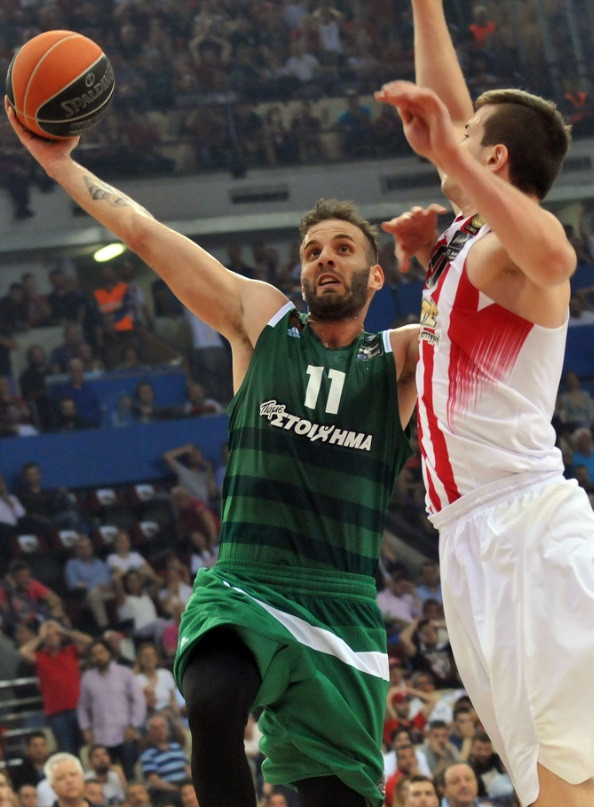
I believe that the Greens still have cards to play at their opponents in regards to what we have seen in the offensive end, as opposed to the defensive end, where Bouroussis’ heavy minutes (he is important in so many levels in their half court offense) have established ICE as their main defense against Spanoulis, rightly so I might add, the Greens feel comfortable with this and have kept the Reds leader from scoring. The offensive presence of Calathes (as well as Gist, i.e. the best PnR cooperation the team has) is a problem, as his weakness in outside shooting makes the Greens nervous. Maybe we should see him play a bit more on the baseline with cuts, something coach Djordjevic had successfully introduced for him last year. Also, High PnR situations just past the half court line will put Olympiacos’ defense to the test.
In the last five minutes Panathinaikos start from +10 and they know that they will be up against Olympiacos’ final attack. It was a very good test for both teams. Olympiacos have proven that they have character, Panathinaikos are trying to build it. With Bouroussis sidelined, but with the duo of Gist-Gabriel giving solutions by lowering the times of the defensive rotations (it would be even better if they didn’t lose their focus in some cases, they are missing automated thinking in this part) the Greens slowly built a very good –for such a close match- point difference. In the final stretch they key player was Kostas Papanikolaou, who defended against the entire lineup of Panathinaikos and gave consecutive defensive stops to whomever was up against him, with Singleton’s travelling being the highlight. The Greens were betrayed by their guards’ inability to run down the clock and create the conditions for their team to go to the free throw line, as they had reached the bonus early in the fourth quarter. Panathinaikos as a team looks fresher and less predictable, but Olympiacos have their cape of the smarter team in matching on. Maybe this is a reflection of the backcourts that run the team…
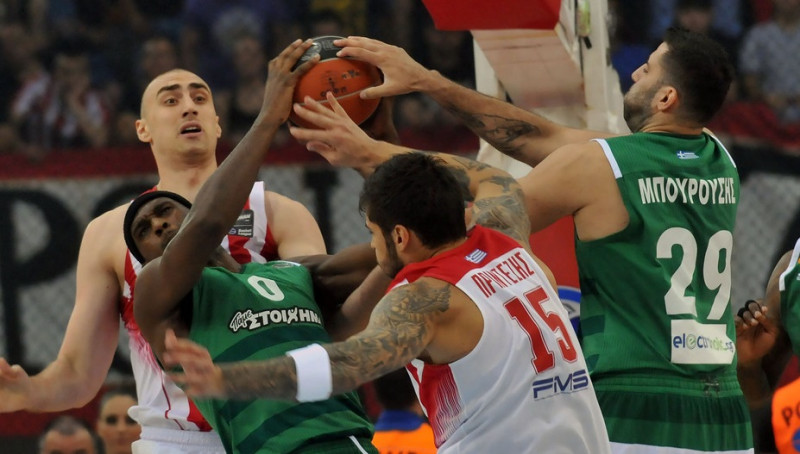
Apart from the… wrapping (yes, that one, the first thing that comes to your mind…) I must confess I don’t want this series to end. These finals are not of the highest quality, in the sense of how most people define quality, but competitive spirit, coaching standards, tactical approach and will (at a time when both mind and body are drained) are of a very high level. We live for these battles both as a country and as a sports culture. We just have to learn to enjoy them without losing our passion for basketball…
In lieu of an epilogue…
I can’t see why you are asking me if for example Papanikolaou fouled James or if Spanoulis travelled. Of course there was a foul, of course there was travelling by the Olympiacos captain (in an advanced -in terms of sports culture- society Spanoulis himself would have admitted it…). This is not why Hoopfellas is here… Mistakes are a part of the game and for as long as humans make decisions, there will be mistakes. We have to learn to focus on the part of basketball as a rational direction of thought, and part of our development as human beings. It is very important for the supporters of both sides, regardless of whether they were wronged (as they have both been in that situation throughout the years), to be able to put themselves (in this case in conjunction with their team’s performance) at a place of introspection and analyse what went right and what went wrong, what we can do better next time when yes, the chance of making mistakes is there. This shows level, class and strong character, to which the opponent will at some point bow. My philosophy on both life and basketball is within the principle of “learning to play against”. Continue playing against adverse decisions, against an unexpected injury, against a bad moment, always believing that I will win the “next” and that this attitude will take me to the top. This is one of the first things I will try to impart to my child while she is growing up…
P.S.: The players you have read about in the past years in our website will be in high demand this summer. Keep that in mind. There are no coincidences, probably…
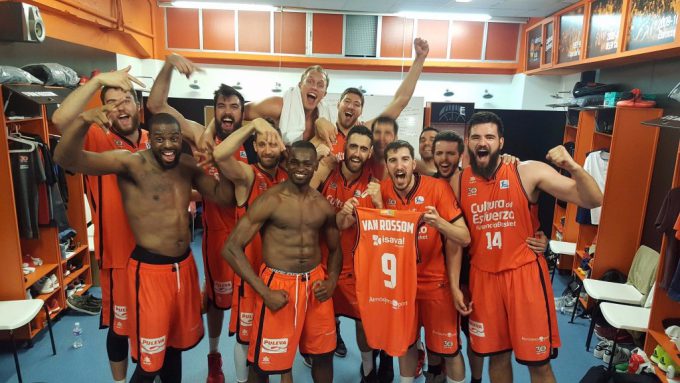
P.S.1: throughout the years Valencia has had quality, fundamental teams with depth that play proper basketball and are very competitive. Their front office has a “good eye” regarding which player is the best fit for the organisation’s culture, and this is the player they choose instead of someone that may be a “fancier” package. There is also some kind of a “wall” that stops the team when it is on the verge of making a big step forward. A defeatism that keeps coming back again and again, when Valencia have to finish the job for which they appear to be able to, even though some were not expecting them to. Their qualification to the ACB finals is a first step to gradually send away this demon…
P.S.2: EA7 first approached Andrea Trinkieri, who kindly refused to become the head coach of the team of his home town. After all, it was for his sake and with the blessing and constant collaboration of the GM, Daniele Baiesi, (we have talked about him…) that Brose completely changed direction in terms of scouting and assessment of the market and moved on to a European-oriented identity, when for so many years (the Flemming era) they had great know-how in assessing the American market. A model organisation and a great example of how to run a team for many European clubs…
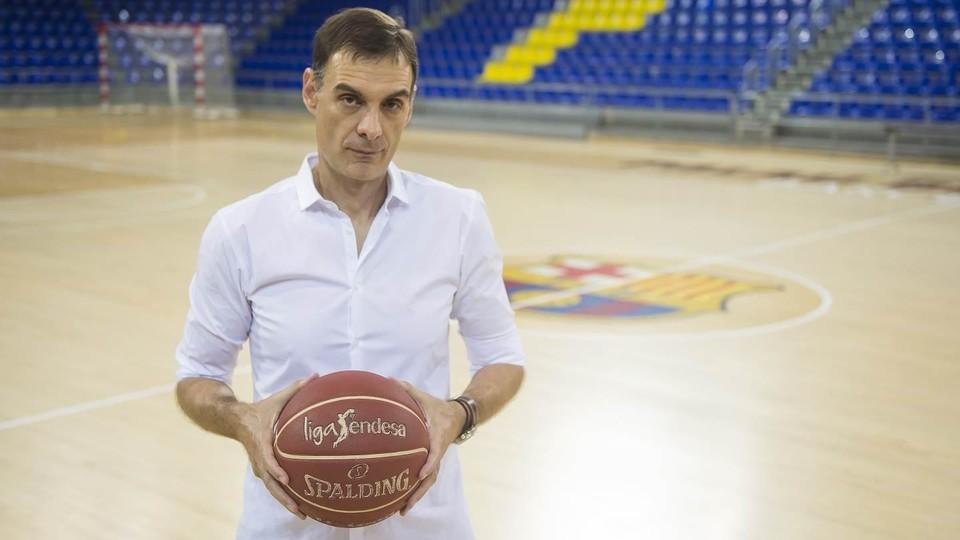
P.S.3: So, coach, you once more “become the chance you want to see”… I hope we ‘ll see each other again in new journeys…
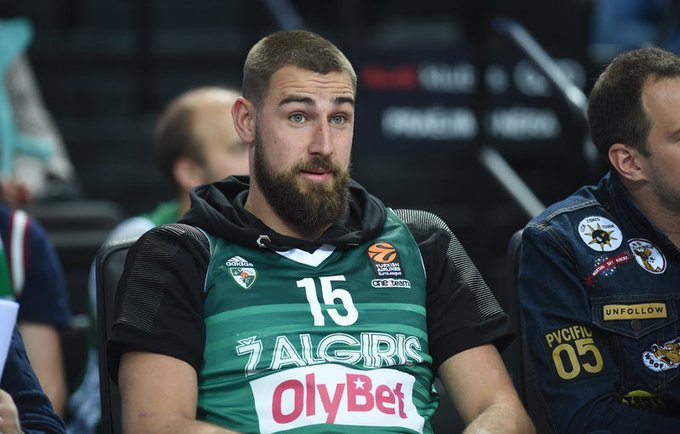
P.S.4: This guy is a former Lietuvos Rytas player, currently playing in the NBA, and he wears the jersey of the “eternal” opponent, Zalgiris Kaunas. It’s unbelieable that the Balkans are in the same continent as these “weird” guys. Am I right?
“Music is not in the notes, but in the silence between”
Wolfgang Amadeus Mozart
Translated by George-Orestis Zoumpos



